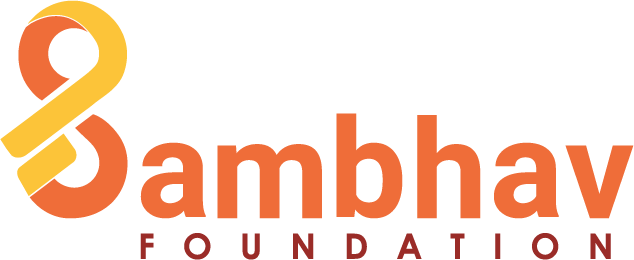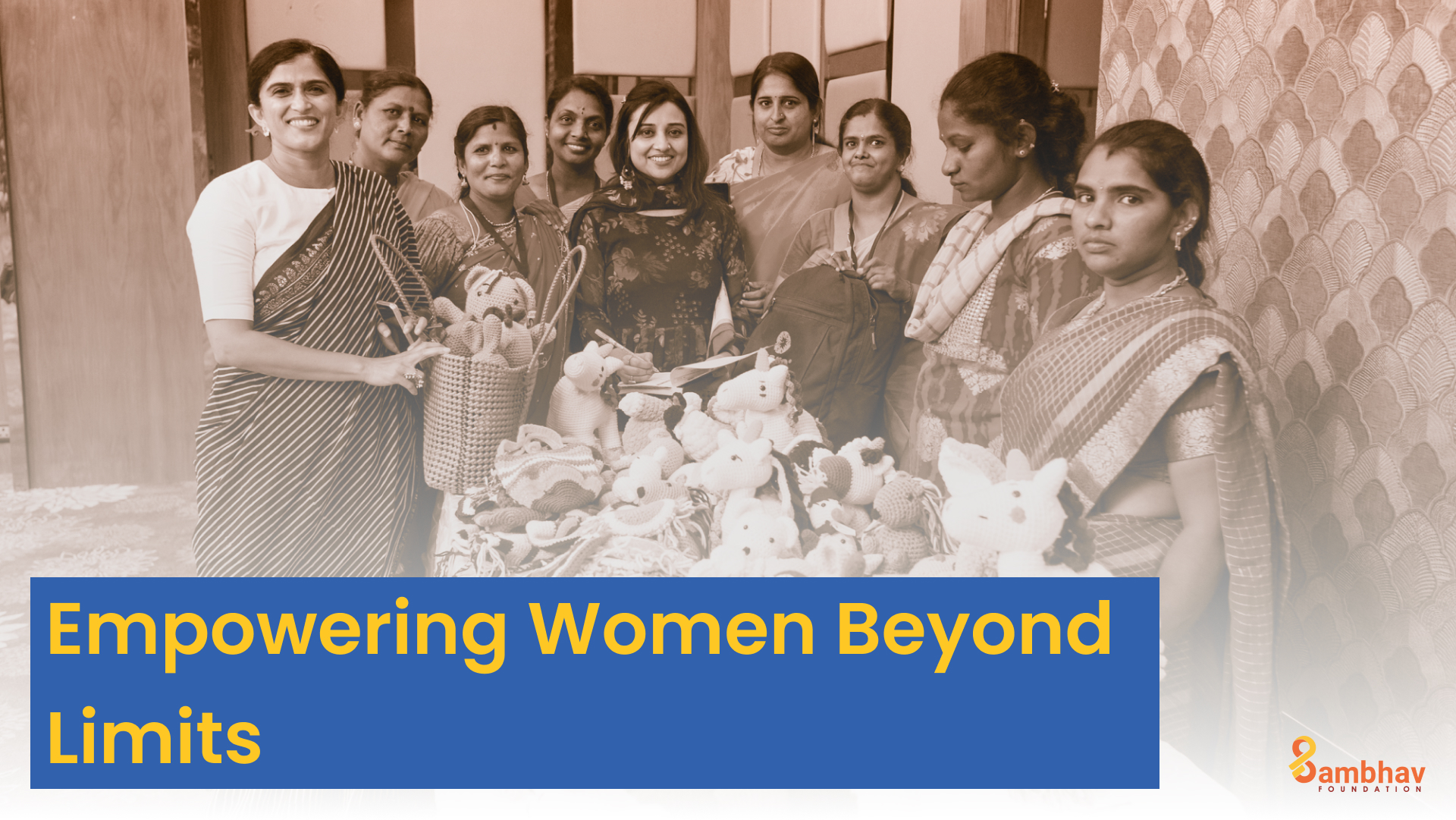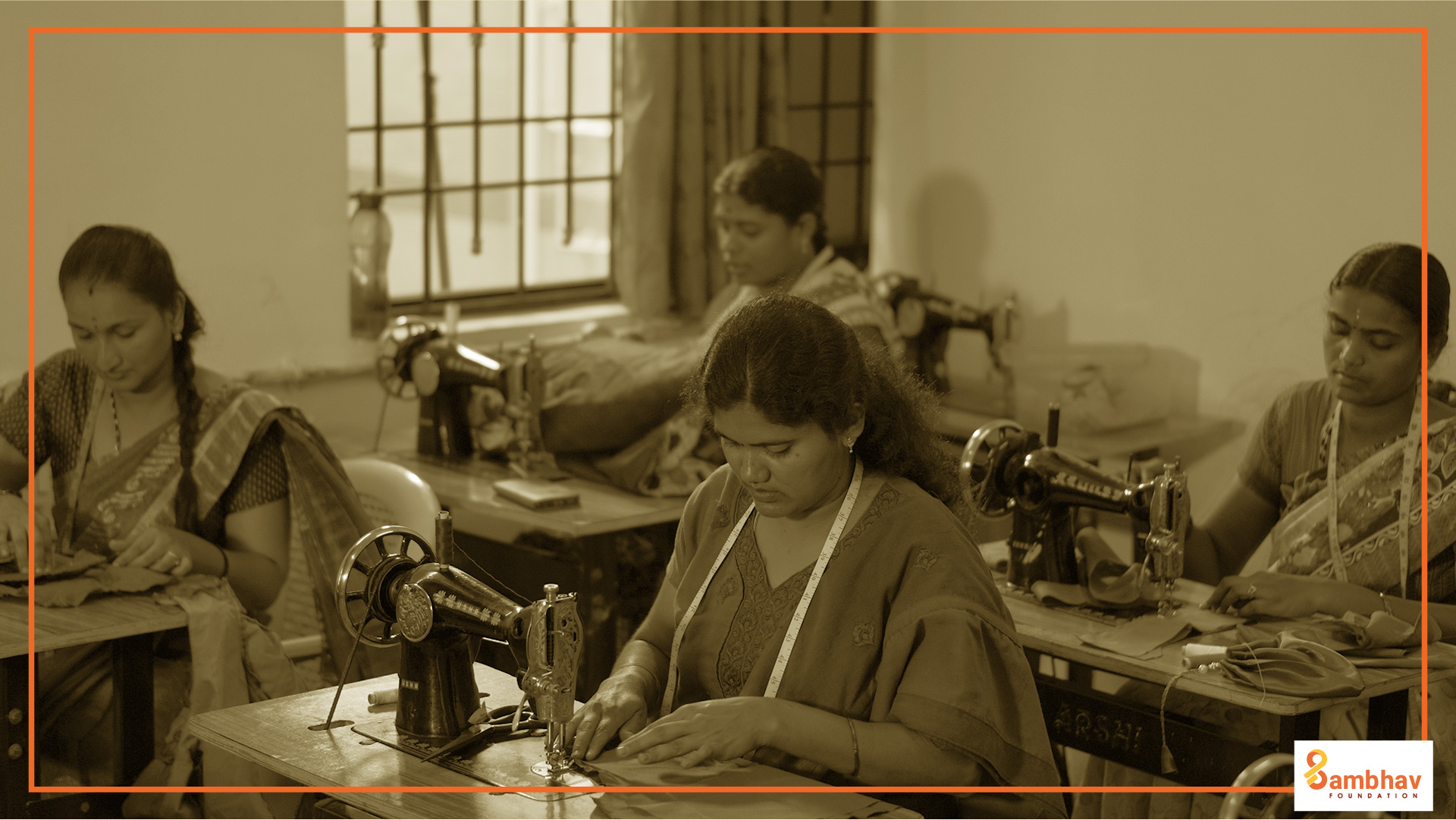A gentle sun is shining. A woman is walking towards the village well, gracefully balancing pots on her head. Out of the corner of her eye, she spies her love interest watching her from behind a tree. They break into a song.
This is a common scene in mainstream media and films. But this romanticized idea of rural life is far from reality. India is facing one of the world’s worst national water crises.
Worsening Water Crisis
16% of the world’s population has only four percent of world’s fresh water resources. Data from Central Ground Water Board states that of the 700 districts in the country, 256 have ‘critical’ or ‘over-exploited’ ground water levels. 80% households in the country don’t have access to piped, potable water. They depend on sources that pose serious health risks. And, annually, 200,000 people die from consuming unsafe water. Close to 600 million people (nearly half the population) live in areas that suffer from high to extreme water stress.
Rapid urbanization, massive population growth and unsustainable lifestyles are all contributing to increasing water shortages. Government solutions have fallen short and, in many cities and towns, ‘water mafias’ supply tankers at inflated rates to desperate people.
Bearing the Brunt
Women face a disproportionate burden of the escalating water crisis, especially in rural and semi-urban areas. Because of the traditional gender norms of our society, there is a sharp division of labour when it comes to fulfilling household duties and responsibilities. Since it is the women who cook, clean, and provide for the health and hygiene of their families, they are in charge of procuring water for household needs as well.
In sweltering summer, cold winter mornings, or through the pouring rain, gathering a day’s supply of water can mean multiple trips to the nearest water source. To put this in perspective, they can spend from 35 minutes to four hours getting water every day. Annually, this could amount to 27 days’ wages.
Girls, as young as 10 years, have been known to drop out of school to help their mothers collect water. This denies them their right to education, a fundamental right under the Indian Constitution. Without an education, they are unable to access the formal economy and remain trapped in intergenerational cycles of poverty. The ripple effect of these opportunity costs impacts the country socially, economically, and environmentally.
Health Costs
The water crisis makes women and girls more vulnerable to health risks too. Procuring water is their responsibility. Carrying heavy loads of water from a distant source to their homes, in the long term, may cause musculoskeletal trauma. They may face unsafe situations when walking to a distant source of water. In the absence of access to safe water, they may have to depend on water sources contaminated by sewage and industrial waste. This makes them the first to be exposed to toxic chemicals and water borne diseases which has a direct impact on their health. Infections that they may pick can also be passed on to their children and other family members.
Lack of clean water impacts women’s ability to manage a healthy pregnancy, childbirth, and menstrual hygiene. As per an estimate by the National Family Health Survey 2015-16, only 36% women have access to sanitary napkins. For those who use cloth, lack of clean water increases the incidence of infections and other health risks.
Hand-washing is one of the most effective measures to reduce the spread of COVID-19. But this simple act is a luxury for those without adequate water and sanitation services.
The Way Forward
The importance of having access to clean water cannot be overstated. A case can be made for access to clean water and sanitation to be a basic right of all humans. But while everyone is facing the same crisis, existing norms and biology make it a woman’s problem first. Addressing this fraught relation between women and water sustainably can drive positive changes in our society. Access to safe water will ensure that girls are able to continue their education and women have the freedom to contribute to their household income.
Solving the water crisis might just be the difference between achieving gender equity and draining the potential of half the country.




